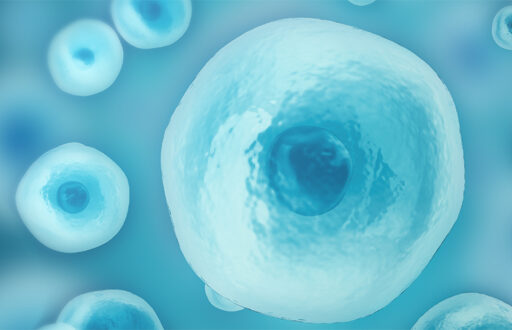
It is understood that genetic factors alone cannot account for the disproportionate disease outcomes faced by diverse patient populations. Epigenetic factors, including diet, population structure, and reproductive factors must also be considered. Black individuals specifically experience poorer and more aggressive disease development and subsequently premature deaths compared to other races.
The University of the West Indies in Mona, Jamaica is a satellite site for the main project. African-Caribbean single-cell Network, headed by Dr Sophia George will build a single-cell atlas of healthy and diseased breast, fallopian tube, and prostate epithelial cells with matching blood across West and East Africa, the Caribbean, and the USA in Black individuals leveraging partnerships with African Caribbean Cancer Consortium (AC3) and Transatlantic Gynecologic Cancer Research Consortium sites. These and genotype data will be used to study the spectrum normal in pre-and post-menopausal women and across ages in men to measure and interpret ancestral genomic differences at the cellular level.
The single cell network will engage communities of predominantly Black individuals in the USA and the majority of Black countries using our community engagement cores in Jamaica and the USA (Miami and Philadelphia) with our community partners participating in biomedical and genomics non-interventional research, including tissue donation. The project will use genetic ancestry data to interpret ancestral differences on the cellular level and support the expansion of single-cell programs for other tissue sites.
Team members are Drs. Simone Badal, Rory Thompson, Derria Cornwall, and Prof. William Aiken.
